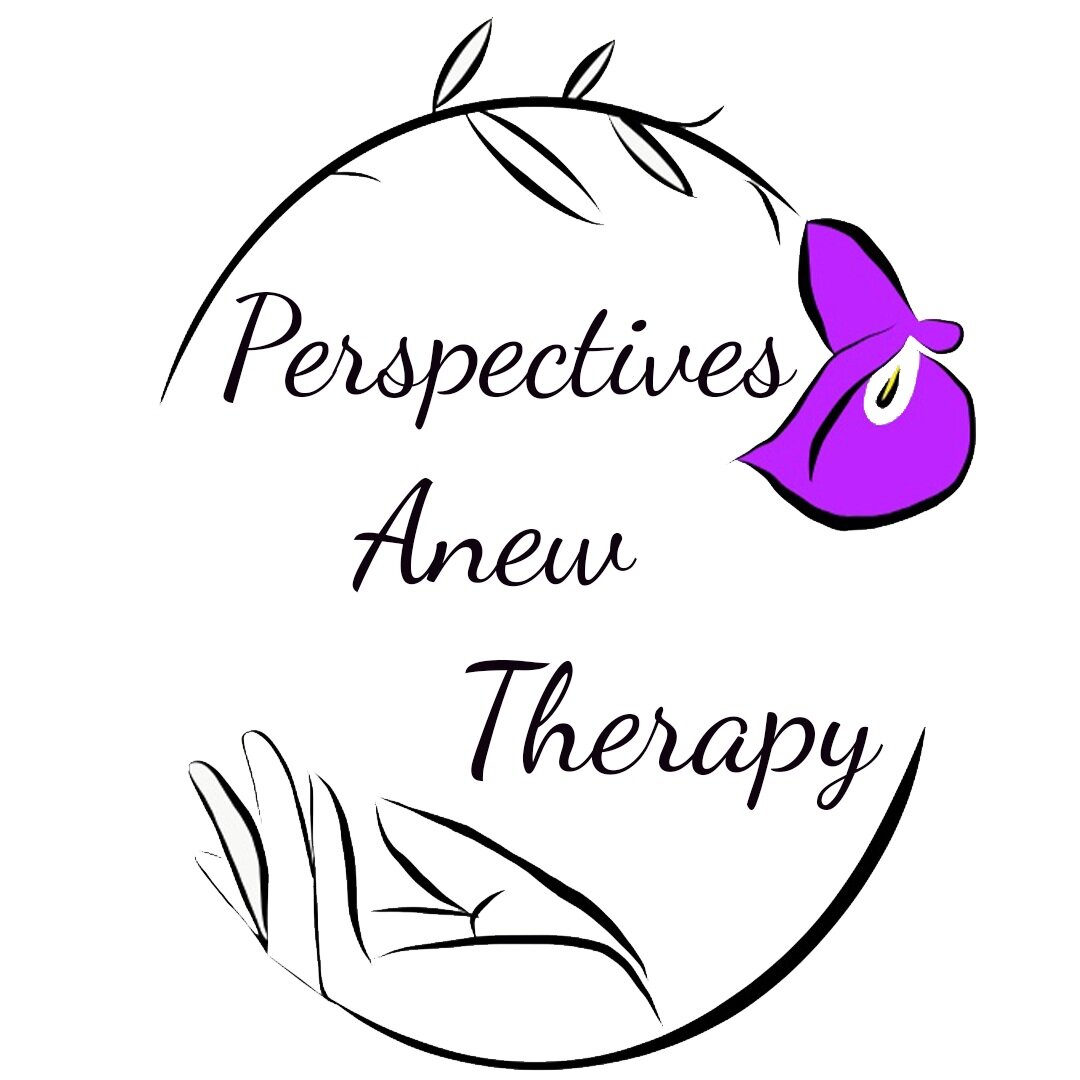The Power of Gratitude
Gratitude is exhibited when a person has a thankful appreciation for what they receive, whether that is physical or not physical. When we acknowledge the positives in our lives it helps us connect with something larger than ourselves which can be other people, the environment around us, or a higher power. Positive psychology research has found that gratitude is consistently associated with experiencing greater happiness. It helps us to feel positive emotions, recognize good experiences, improve health, cope with adversity, and build stronger relationships. Gratitude can be felt and expressed in multiple ways such as applying it to the past, present, and future.
An example of applying gratitude to the past is remembering positive memories from childhood. In the present, applying gratitude can be seen by not taking things for granted as it happens in real time. Lastly, an example of applying gratitude to the future can be done by having an optimistic attitude. There is a vast amount of research supporting the power of gratitude with one of the studies finding that couples who take time to express gratitude for their partner feel more positive towards their partner and feel more comfortable expressing concerns about the relationship. Another study found that managers who say “thank you” to their employees may notice the employees feel motivated to work harder. A third study found that children and adolescents who wrote and delivered thank-you letters to someone who made a positive impact on their lives made the other person happier.
Gratitude teaches us to appreciate what we have as opposed to searching for something new in hopes it will make us happier or feel more satisfied. At first, practicing gratitude can feel forced, but our mental state grows stronger the more we intentionally use it. There are many ways to practice gratitude with the first being thanking someone mentally. Thanking someone verbally and/or writing a thank-you note shows an appreciation for how someone has had a positive impact on your life. Keeping a gratitude journal is another option that can become a positive habit for acknowledging the goodness in your life. Counting your blessings, or sitting down to remember a specific number of positives each week, can be very beneficial. For people who are religious, prayer is a powerful tool to express gratitude to a higher being. Lastly, meditation that focuses on the present moment without judgment is another useful way to practice gratitude.
Source: Harvard Health Publishing
